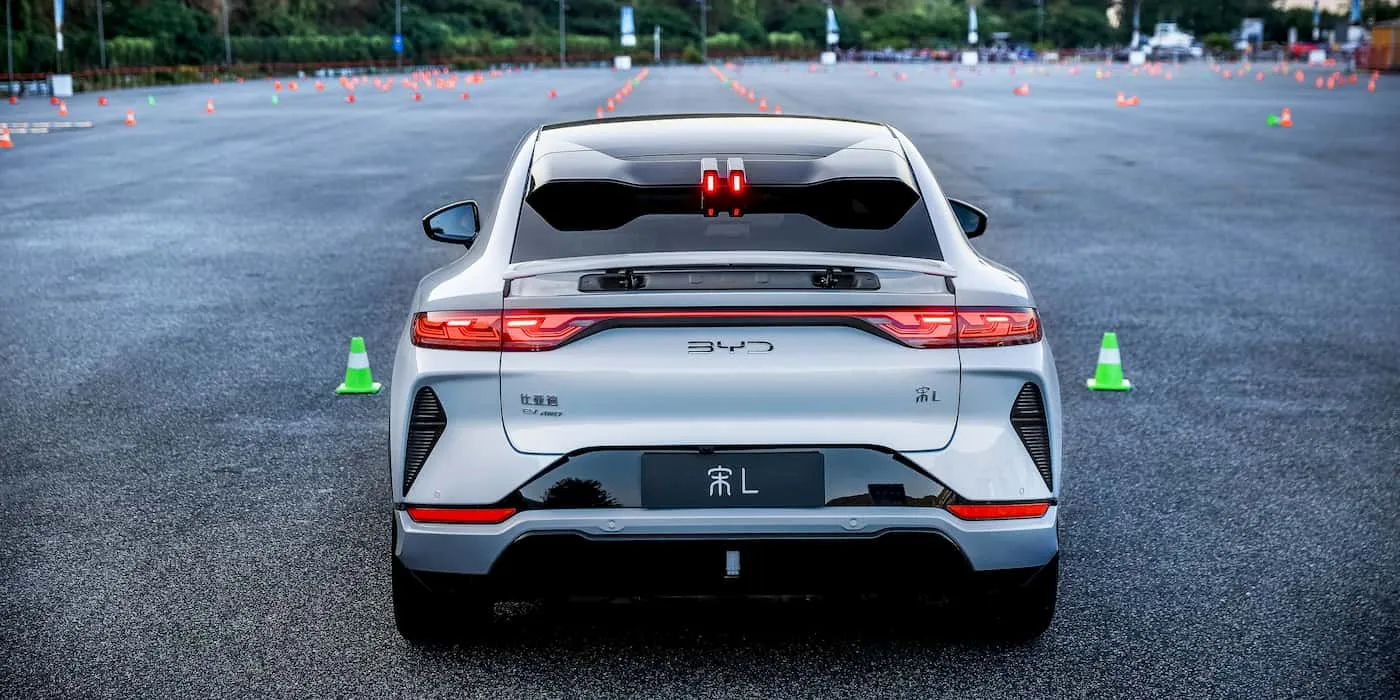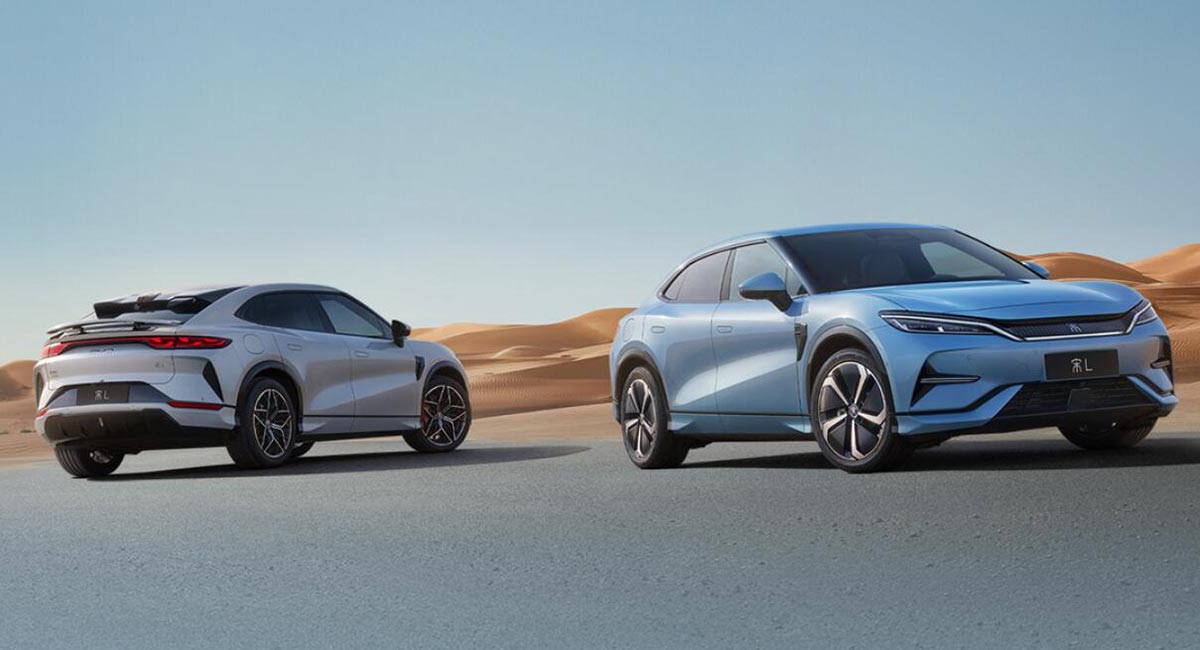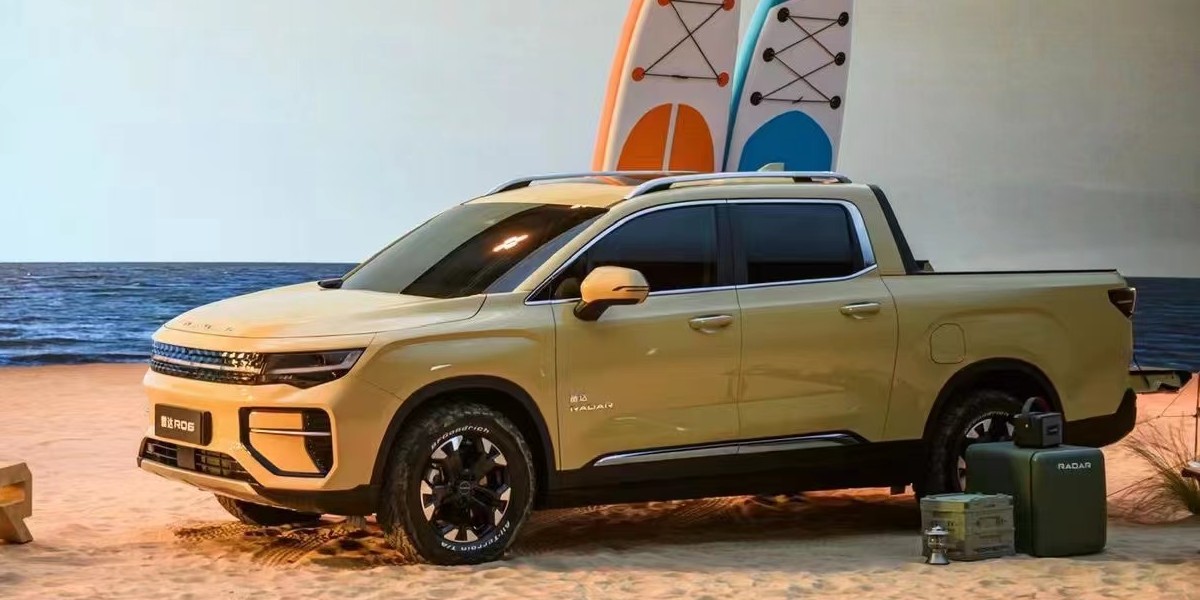Tensions between the United States and China escalate as the Biden administration raises alarms over the potential national security risks posed by Chinese electric vehicles (EVs), citing concerns regarding data collection.
US Commerce Secretary Gina Raimondo cautioned about the extensive data collected by electric and autonomous vehicles, emphasizing worries about the transmission of such data to Beijing. Raimondo’s remarks come amid preparations for a separate executive order aimed at safeguarding “highly sensitive” personal data from foreign adversaries.
See also: Industry Coalition Urges U.S. Support for Autonomous Vehicles, Citing Competition from China
The US has implemented additional tariffs on Chinese EVs since 2019, with officials expressing long-standing apprehensions regarding data security threats posed by China. The latest measures could have far-reaching implications across various industries.
Chinese columnist Ruan Jiaqi criticized the move, arguing that Raimondo’s statements unfairly targeted China’s EV manufacturers. Despite such criticisms, Chinese EV companies have pursued international expansion, with BYD notably planning to establish an EV factory in Hungary and other automakers exploring production facilities in Europe.
See also: China’s Lithium Battery Industry Faces Ongoing Overcapacity and Price Pressure
However, the US has taken steps to mitigate Chinese influence in its domestic market, including legislation preventing the Defense Department from purchasing batteries produced by certain Chinese manufacturers. Additionally, concerns over data security have led to restrictions on the use of China-made communications equipment and surveillance systems.
Despite these tensions, Chinese EV companies continue to expand globally, with plans for production facilities in Europe and North America. MG, BYD, and Chery are among the companies exploring opportunities for market access in regions such as Mexico, signaling ongoing competition and geopolitical dynamics in the EV industry.







